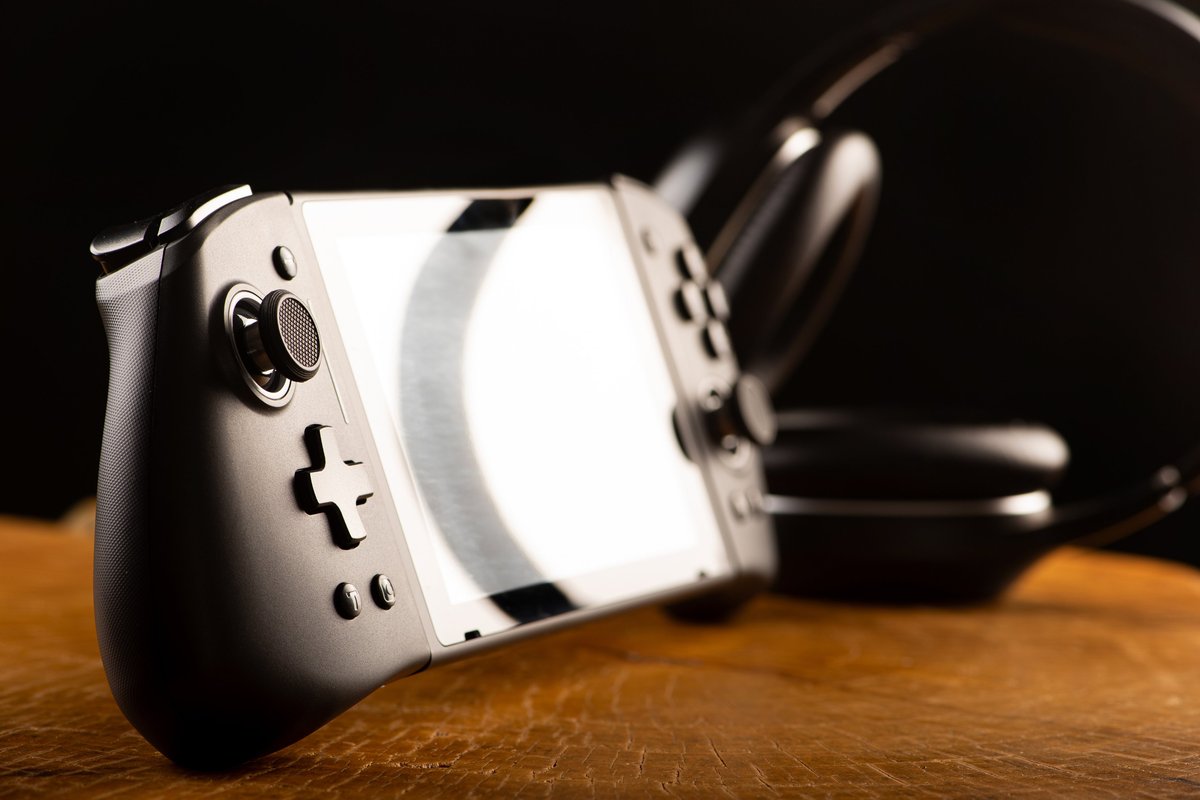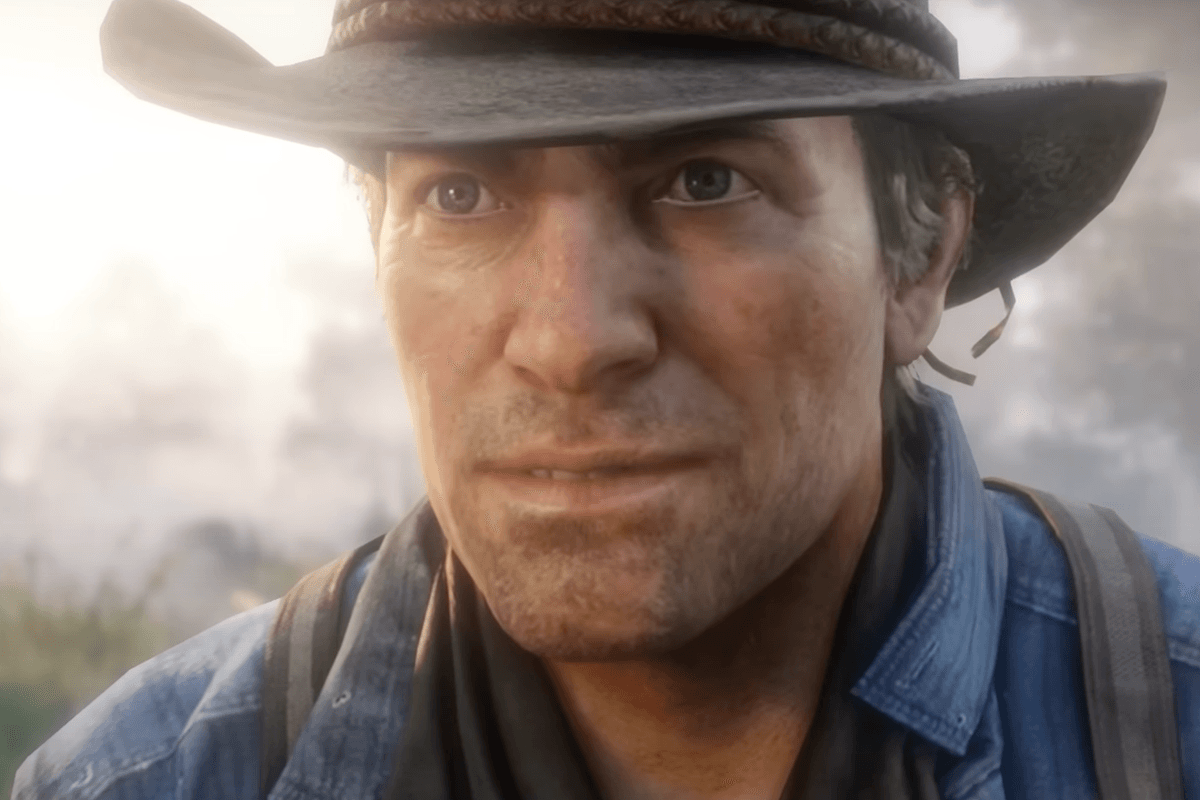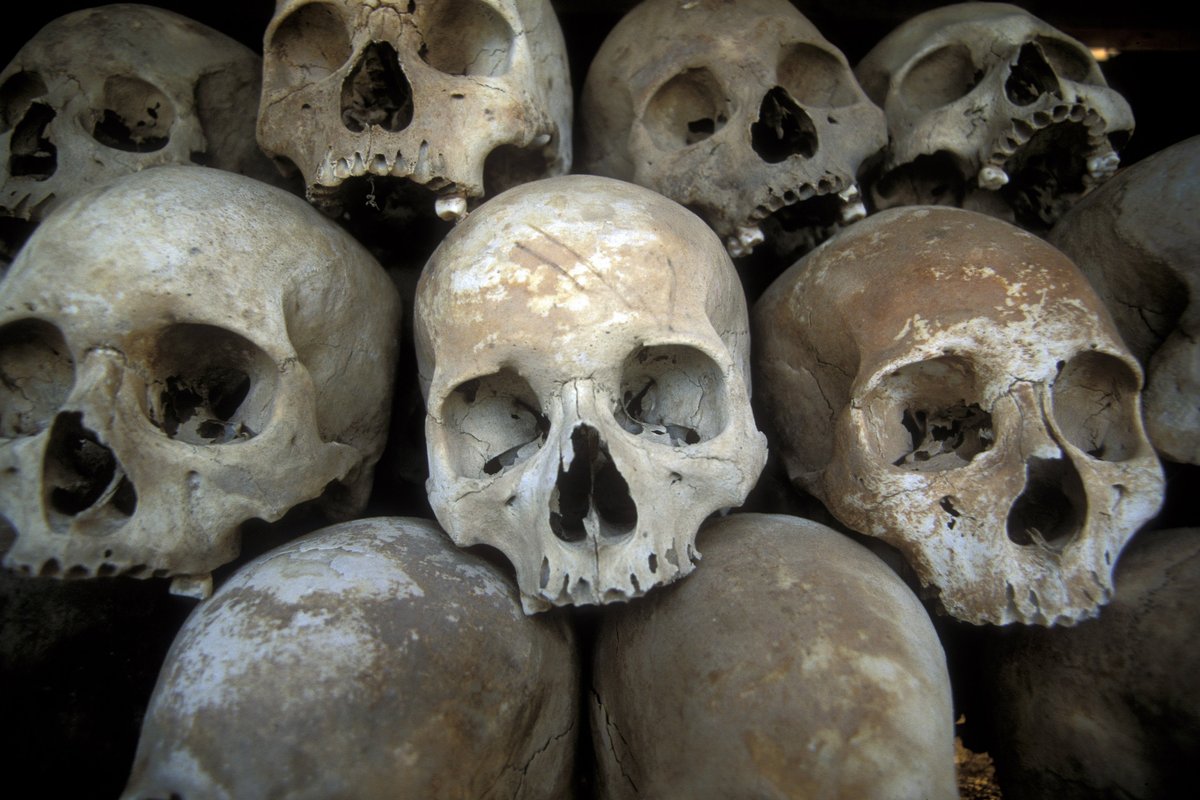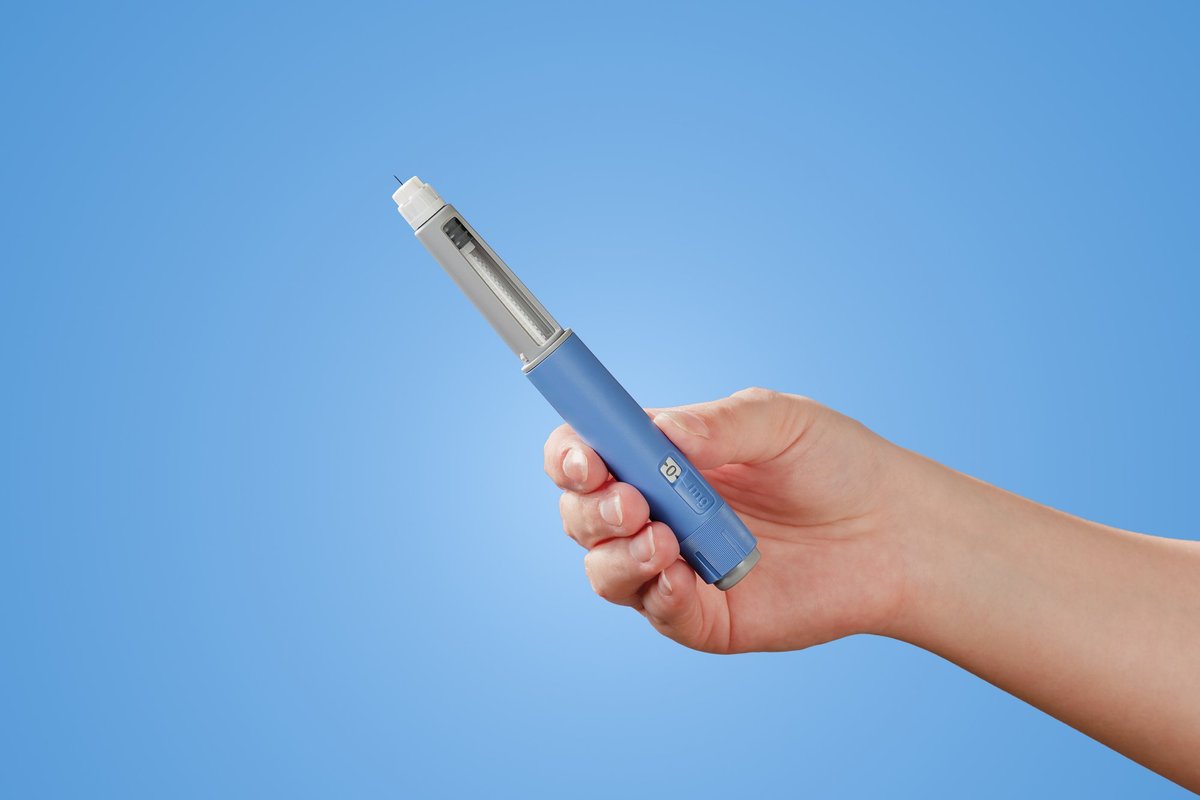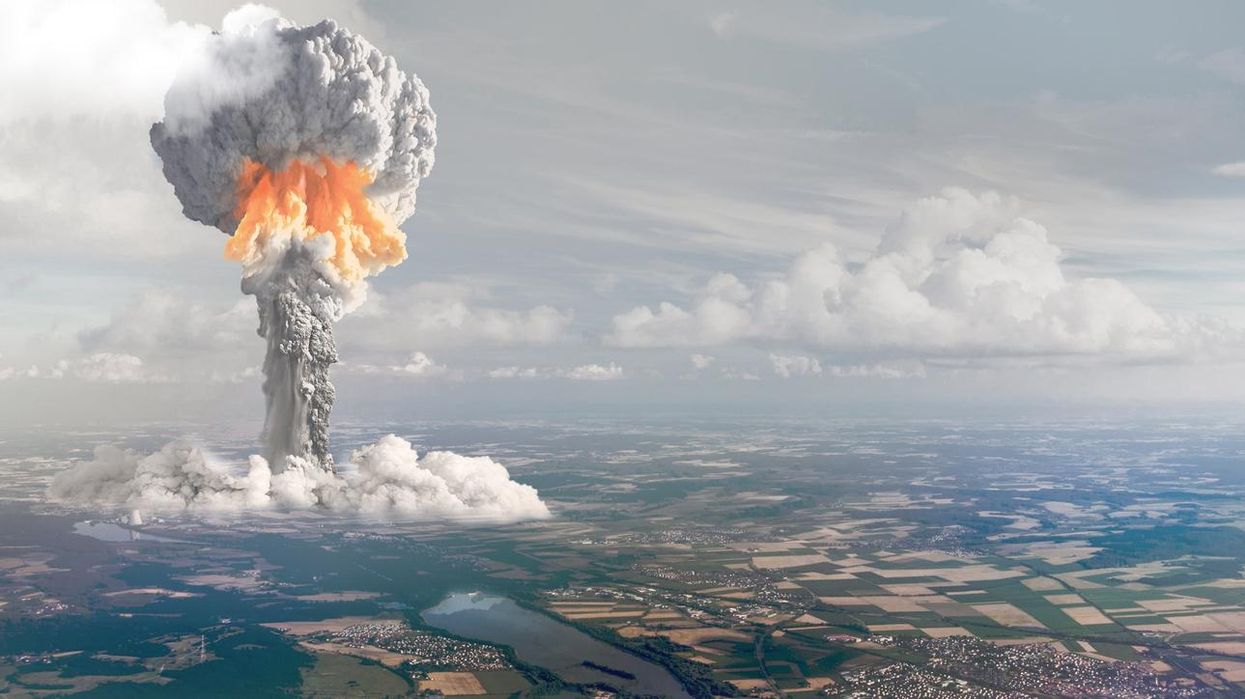
It's starting to sound like the Cold War all over again - 'nuclear war' is a term that we've heard far too many times in 2017.
With North Korea testing missiles like they're the secret to prosperity and Donald Trump refusing to back down, everyone is on tenterhooks.
If the worst should happen, what would the news do?
During the Cold War the BBC drew up extensive plans to continue broadcasting even in the event of a nuclear strike.
The War Book was a detailed document that laid out what the BBC would do in the event of a "nuclear exchange."
This involved relocating to 11 protected bunkers across the UK which are referred to as "Deferred Facilities."
Also known as "Regional Seats of Government," these locations would house government staff and ministers as well as five BBC staff, mostly from local radio stations, who would run the news studio contained in the facility.
The beeb's main headquarters would have been based at the Engineering Training Department at Wood Norton in Worcestershire, pictured below.
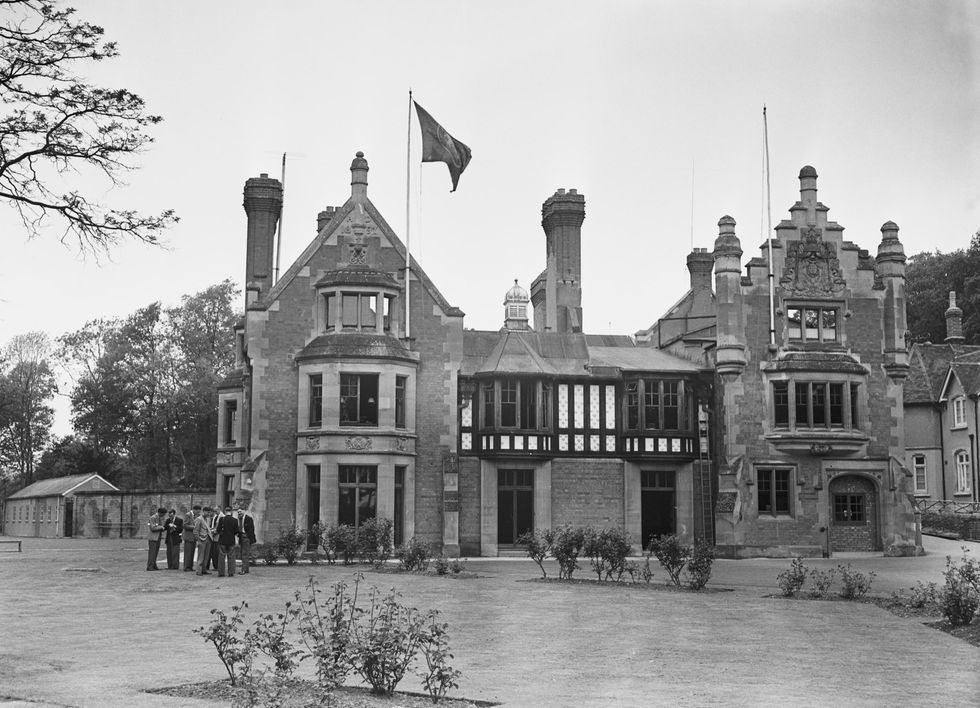
90 members of staff would be moved there, ranging from engineers, editors, announcers and religious broadcasters but most of their output would be controlled by the government.
It wouldn't just be doom and gloom that the BBC would be putting out during this period.
Old tapes of the Goon Show, Just a Minute and Round the Horne would be on standby in order to maintain that unique British sense of humour.
Essential news was of the upmost importance though and that responsibility fall on the announcers, most of whom would have been forced to leave their partners behind.
Bob Doran, a radio news editor in the 1980s recalls a bleak conversation during a Cold War training drill.
He said:
My clearest memory is of a discussion about whether people with spouses could bring them along.
The other thing I remember clearly is coming away in deep gloom and a feeling of certainty that nuclear war was going to happen very soon.
Staff wouldn't have been given a clear indication of how long they would have to stay there for but it could have been a number of weeks.
They were advised to bring along clothes, soap, towels that would last for 30 days. Food would be rationed out over five meals a day, that would provide vitamins and around 2,200-2,400 calories a day.
Peter Donaldson, a former well known Radio 4 newsreader was trusted with recording the war announcement which read as follows:
This is the Wartime Broadcasting Service. This country has been attacked with nuclear weapons.
Communications have been severely disrupted, and the number of casualties and the extent of the damage are not yet known.
We shall bring you further information as soon as possible. Meanwhile, stay tuned this wavelength, stay calm and stay in your own homes.
The detailed manner of this document shows how serious the prospect of nuclear war was at the time but thankfully it never became a reality.
The Wartime Broadcasting Service was decommissioned in 1992 and there is no public word on whether the BBC have another similar plan in place at the moment.
HT The Sun
More: If there's nuclear war, this is how to make sure you survive



